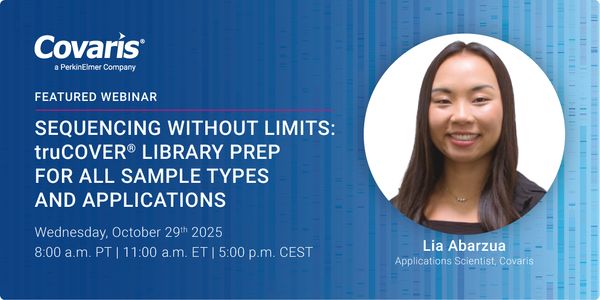Targeted Protein Degradation as an Antiviral Strategy
We currently do not have effective vaccines or antiviral drugs for most of the viral diseases that afflict humans. Antiviral therapies that enable long-term control over human immunodeficiency virus (HIV) infection and cure chronic hepatitis C virus (HCV) have been landmark successes in the treatment of viral infections. These therapies work through the use of multiple direct-acting antiviral (DAA) drugs that act by potently inhibiting the function of viral proteins, generally enzymes such as viral polymerases and proteases. Narrow spectrum activity (i.e., the “one bug, one drug” problem) and drug resistance are two major challenges for the antivirals field. This is especially true against viruses with RNA genomes because limited or no proofreading function of the viral polymerase generates tremendous genetic diversity. There is thus a need for antiviral strategies that make use of alternative targets, mechanisms, and modalities to combat viral diseases and to avoid antiviral resistance. My group has focused on the discovery and validation of new antiviral targets and strategies. Here I hope to provide to examples of our proof-of-concept work establishing targeted protein degradation as an alternative antiviral strategy.
Learning objectives:
1. Understand the mechanism of what a degrader (also known as PROTAC, “degronimid”) is.
2. Understand how one experimentally determines if a small molecule has a “degrader” mechanism.
3. Explain potential advantages of degraders versus conventional inhibitors as direct-acting antivirals.






